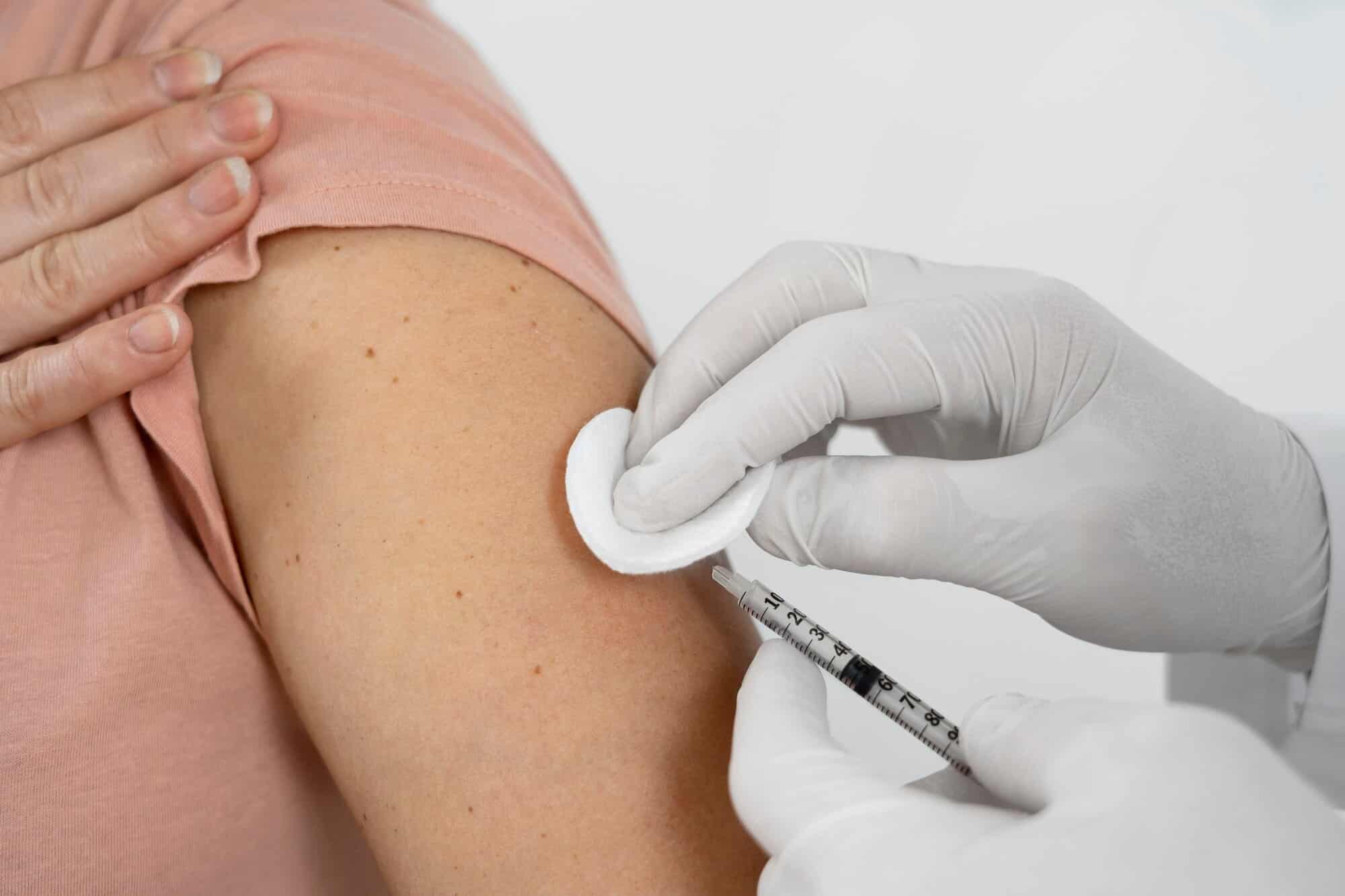
Finding out you have syphilis can be a shock. However, with the proper treatment, this infection is easily curable. Understanding the recovery process can help you feel more in control of your health. In this article, we will take a look at how syphilis is diagnosed, how long syphilis takes to go away after treatment, and what to expect during and after treatment. We will also explain how to prevent reinfection and why early action is necessary.
Syphilis Diagnosis and Treatment
If you suspect you have syphilis, you will need to get a blood test to confirm the infection. The two most common tests used are the RPR (rapid plasma reagin) test and the FTA-ABS (fluorescent treponemal antibody absorption) test. These tests can detect antibodies that your body produces in response to the infection.
Treatment will depend on the stage of your infection (primary, secondary, latent, or tertiary). For most primary and secondary stage infections, a single injection of penicillin is highly effective at eradicating the bacteria that cause syphilis. However, if you have an allergy to penicillin, your healthcare provider may recommend alternative antibiotics, such as doxycycline or tetracycline. In some cases, patients who are allergic to penicillin may undergo a desensitization process to safely receive it, especially during pregnancy, when alternative treatments may not be suitable.
How Long Is Syphilis Treatment?
The duration of syphilis treatment depends on the stage at which you begin treatment, the type of antibiotic used, and your overall health. Early-stage syphilis is much easier and faster to treat than an advanced syphilis infection, where the bacteria have had more time to spread and cause damage.
Penicillin is often administered as a single dose, while oral antibiotics like doxycycline and tetracycline need to be taken daily for weeks. The sooner you start treatment after infection, the faster and easier your recovery will be.
Penicillin
For primary, secondary, and early latent syphilis, a single injection of penicillin is usually enough to resolve the infection. It generally takes several weeks for all symptoms to disappear after treatment.
For patients with late latent syphilis or tertiary syphilis, three doses of penicillin administered on a weekly basis are typically recommended. This extended treatment ensures the bacteria are eliminated completely.
Doxycycline
When penicillin cannot be used due to an allergy, doxycycline is a common alternative. You will likely be prescribed a 14-day course if you have primary or secondary syphilis or a 28-day course if you have latent or tertiary syphilis. You must take doxycycline exactly as prescribed to make sure the infection is fully eradicated. Skipping doses or stopping early can hinder recovery and cause the infection to become resistant to antibiotics.
How Will I Know If I’m Cured of Syphilis?
After completing treatment, follow-up testing is essential to confirm that the infection has been cleared. Your healthcare provider will likely order blood tests 3, 6, and 12 months after treatment. RPR tests are generally used for post-treatment monitoring.
A declining titer, meaning a significant drop in antibody levels, is a strong sign that the treatment was successful and that your body is healing. Even if you feel better or your symptoms disappear, it is crucial to attend all follow-up appointments to make sure the condition has been fully cured.
Keep in mind that once you have been infected, some blood tests, like the FTA-ABS test, may remain positive for life. RPR tests provide clearer indications of whether your condition is improving.
Syphilis Reinfection and Challenges After Treatment
Successfully treating syphilis does not mean you will be immune to it in the future. Reinfection can happen if you are exposed to it again through unprotected sex with someone who has syphilis. For this reason, routine STI screening and safe sex practices are essential.
Syphilis can cause long-term complications if it is left untreated for an extended period before being diagnosed. These complications can include severe damage to the heart and other organs, neurological problems, blindness, and death.
If you learn that one of your sexual partners has tested positive for syphilis after your treatment, you should notify your healthcare provider immediately. A repeat round of testing or treatment may be necessary to protect your health.
Get Treated for Syphilis at Equality Health
At Equality Health, we believe that early diagnosis and prompt treatment are the keys to protecting your long-term health. We provide discreet, compassionate care to help you take control of your sexual health with confidence. If you think you may have syphilis or any other STI, don’t wait. Contact Equality Health today to schedule a confidential appointment.
Frequently Asked Questions (FAQs)
After being administered, it takes some time for penicillin to fully clear the infection from your system. During this short window, it is still possible to transmit syphilis to others. Most doctors recommend avoiding sexual contact until your healthcare provider confirms through follow-up testing that the infection has been cured.
If syphilis is caught early and treated correctly, it is not life-threatening. However, untreated syphilis can eventually lead to serious health complications that may be life-threatening, such as damage to the brain, heart, and other vital organs. Late-stage syphilis can cause strokes, heart disease, and even death.




